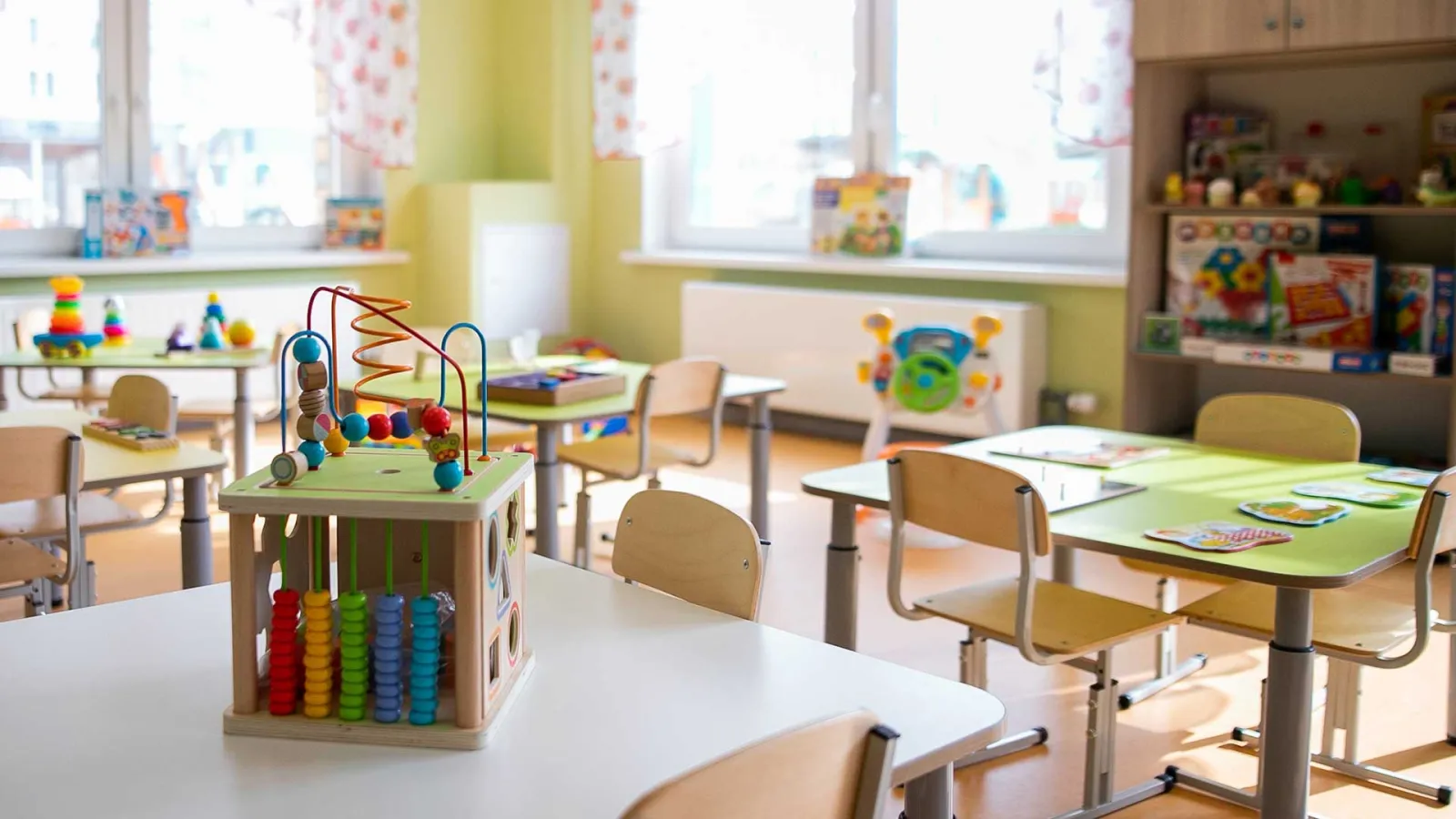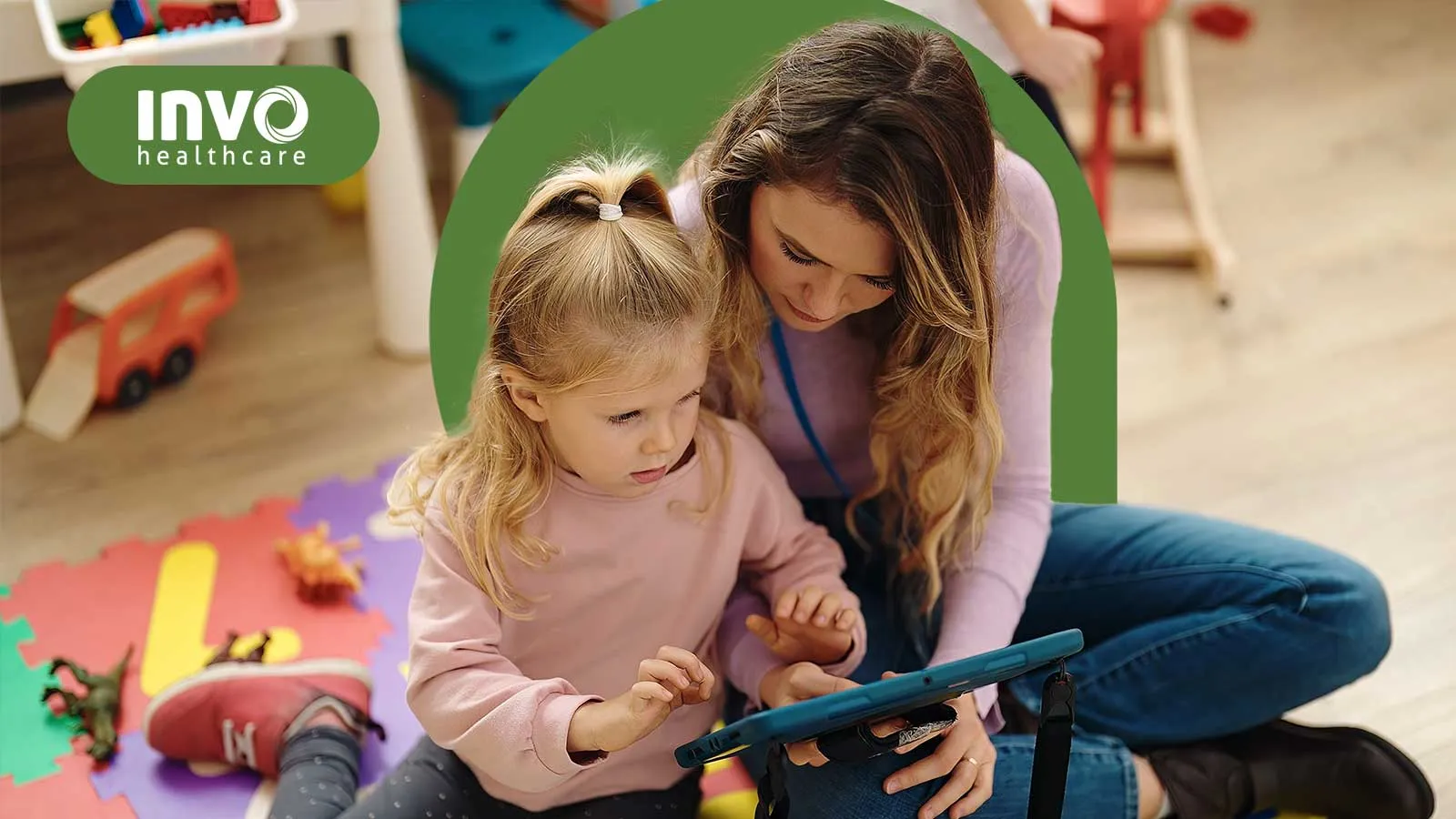Imagine the joy of witnessing a student with a speech disorder articulate a difficult sound clearly. Speech Language Pathologists (SLP) experience these moments of transformation every day. The satisfaction of making a real difference in the lives of your students is what makes this profession so rewarding.
As an SLP, you juggle diverse communication needs, craft individualized plans, and advocate for your students with immense dedication and energy. Prioritizing self-care is important to continue bringing your best self to this profession.
The Power of Proactive Self-Care Practices for Speech Language Pathologists
Self-care is like a toolbox that equips you to be the best SLP you can be daily. Research shows that professionals who prioritize self-care experience several benefits, such as reduced stress, improved job satisfaction, and even greater student achievement.¹ These factors are essential for your professional growth and continued passion.
Think about it: a happy, energized SLP is better equipped to manage communication disorders, create effective therapy plans, and foster a supportive learning environment. This translates to more positive therapy outcomes for your students, leading to better academic and social development.
By incorporating the following self-care tips into your routine, you'll feel more energized, focused, and ready to tackle any challenges in your therapy sessions and school duties. You'll also invest in your well-being and your student's success.
Essential Self-Care Strategies for SLPs
Here are some ways to help you practice self-care.
1. Mindfulness for Presence and Joy
Remember the Pixar movie "Inside Out"? Just like Joy learned the importance of embracing all emotions, mindfulness can help you navigate the colorful landscape of your own mind. As a Speech Language Pathologist, your "headquarters" can get pretty busy!
Just like Riley needed all her emotions to thrive, embracing mindfulness can help you navigate the ups and downs of therapy sessions with greater ease and presence. Take a moment each day to check in with your emotions, like the console in "Inside Out." Are you feeling more "Joy" or "Sadness" today? Acknowledging your feelings can help you respond to them more effectively.
In the evening, spend a few minutes reflecting on positive moments from your day with students. Visualize these moments as glowing orbs, like Riley's "core memories." This practice can boost your mood and motivation.
When you're feeling overwhelmed, take a quick mental tour of your own "Islands of Personality." What makes you unique as an SLP? This brief reflection can help ground you during challenging moments.
Many free guided meditations are available online or through meditation apps. Even simple breathing exercises and mindfulness techniques like alternate nostril breathing or deep belly breathing can be incredibly effective in calming the mind and body. This can also help you stay present during IEP meetings and parent conferences.
2. Energizing Wellness Routines
Start your day with gentle stretching: Steph begins each day with stretching to wake up his muscles. As an SLP, try a quick 5-minute stretch routine before heading to school. It can help you feel more alert and reduce tension.
Stay hydrated: Curry is known for his strict hydration routine. Keep a water bottle at your desk and aim to refill it several times throughout the school day. Proper hydration can boost your energy and cognitive function.
Snack smart: It's important to fuel your body with nutrient-dense foods. Pack healthy snacks like nuts, fruit, or yogurt to stabilize your energy levels between therapy sessions.
Take active breaks: The NBA star often engages in light physical activity during his downtime. Use your breaks to take a quick walk around the school or do some simple desk exercises like seated leg raises.
Prioritize sleep: Quality sleep is important for your mind and body's recovery. Aim for 7-8 hours of sleep each night to ensure you're recharged for the next day's challenges.
Consistency is key with wellness routines. Start small, be patient with yourself, and gradually build these habits into your daily life. In taking care of your physical health, you'll have more energy and resilience to support your students and tackle the unique challenges of speech language pathology.
3. Work-Life Harmony: Shake It Off
Throughout her career, Taylor has embraced constant evolution, reinventing her sound and image. As an SLP, don't be afraid to experiment with new teaching methods or self-care practices. What worked last year might need a refresh this year. This adaptability allows you to stay engaged and cater to the unique communication needs of your students.
One of Taylor's trademarks is celebrating small wins, like hidden messages in her music videos. Create your own system to acknowledge your daily victories, no matter how small. Did you successfully integrate a new speech therapy tool or adapt a technique that made a significant difference? Celebrate! These little moments of recognition can significantly boost your motivation and satisfaction as an SLP.
Embrace these lessons from Taylor Swift, and you'll be well on your way to creating a sustainable and rewarding career as an SLP. Remember, prioritizing your well-being allows you to show up for your students with renewed energy and passion.
4. Build a Supportive Community
Ever notice how the Avengers never face a challenge alone? They rely on each other's strengths to overcome even the toughest battles. Similarly, as an SLP, having a strong support network can make all difference, especially when you're dealing with a particularly challenging case.
Connecting with colleagues allows you to share experiences, resources, and most importantly, a sense of camaraderie.
Beyond your school or district, there's a vibrant online community of SLPs waiting to connect. Look for forums or social media groups specifically catering to school-based therapy.
Platforms like ASHA Community or ASHA Special Interest Groups (SIGs) offer a wealth of advice, support, and fresh ideas from experienced SLPs across the globe. Additionally, Invo Healthcare provides a supportive network specifically designed for SLPs, offering resources tailored to your needs as a school-based professional.
Don't limit your network to fellow SLPs. Just as the Avengers collaborate with specialists like Dr. Strange and the Black Panther, building relationships with teachers, occupational therapists, and other specialists in your school can be incredibly valuable. This interdisciplinary approach fosters a collaborative learning environment, leading to more effective and well-rounded support plans for your students.
READY TO TAKE THE NEXT STEP IN YOUR SELF-CARE JOURNEY? INVEST IN YOUR WELL-BEING WITH INVO HEALTHCARE TODAY!
By taking care of yourself, you can continue to make a positive impact in the lives of your student. Visit our website or contact us today to know more!
Reference
- Granziera, H., Martin, A., & Collie, R. (2023). Teacher well-being and student achievement: A multilevel analysis. Social Psychology of Education, 26(6). https://doi.org/10.1007/s11218-022-09751-1






